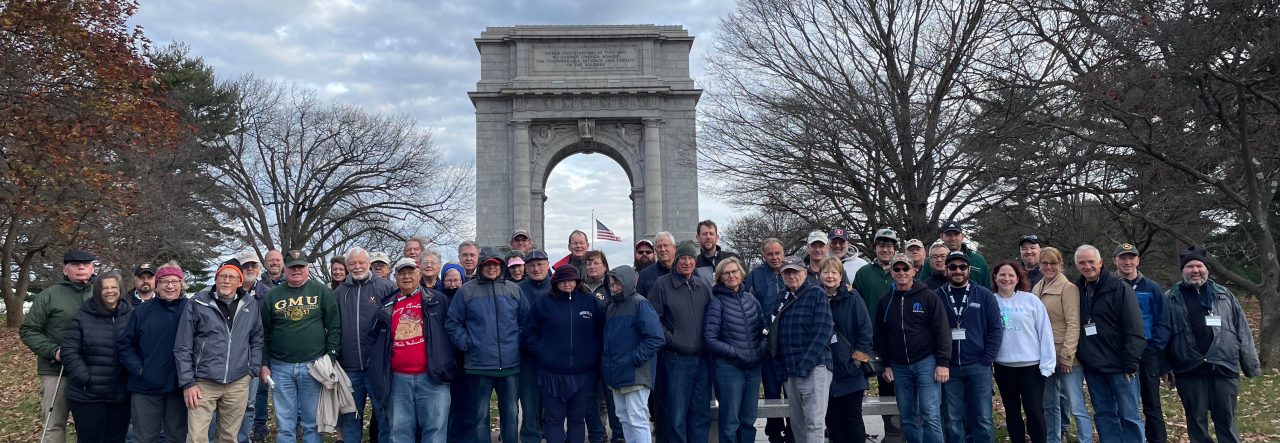Pennsylvania’s founder, William Penn, was a Quaker, and insisted on morality and fairness for his government: fair treatment of Native Americans and religious freedom for all citizens.
By the time of the Revolution the colony was 90 years old and a variety of religious groups found safe haven in the colony, including Huguenots, German Pietists, Amish, Mennonite, Dutch Reformed, Lutherans, Quakers, Anglicans, Protestants, Dutch Mennonites, Jewish, and Baptists.
Quakers are perhaps the best known religious group that thrived in Pennsylvania. The Society of Friends emerged in England in the mid-1600s, and were persecuted for their beliefs. William Penn, an aristocratic Quaker convert, received a land grant as payment for a debt from the crown, and made religious toleration a cornerstone of the colony. When armies invaded Pennsylvania in 1777, the state’s Quakers were impacted. Refusing to be active participants, they did offer humanitarian aid to both sides.
Continue reading “The Revolution’s Impact on Pennsylvania’s Pacifist Communities Part 1 of 2”